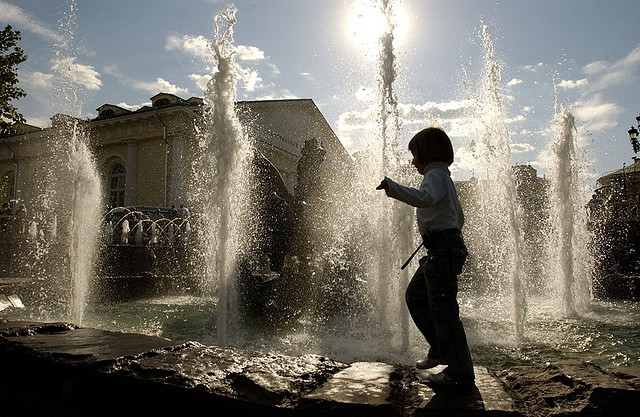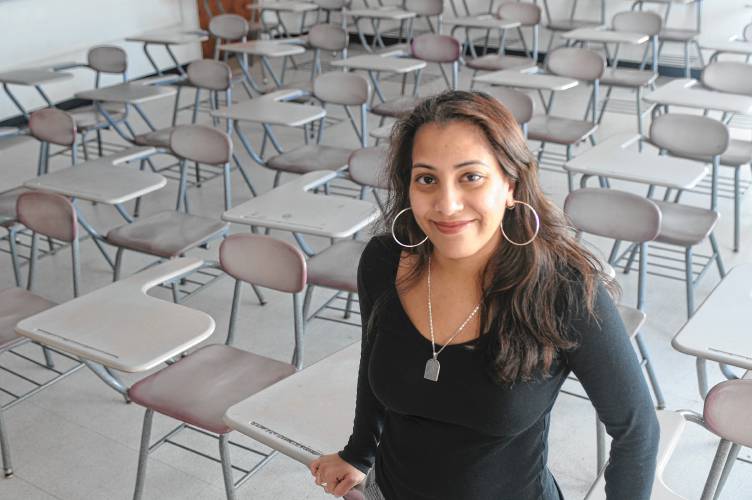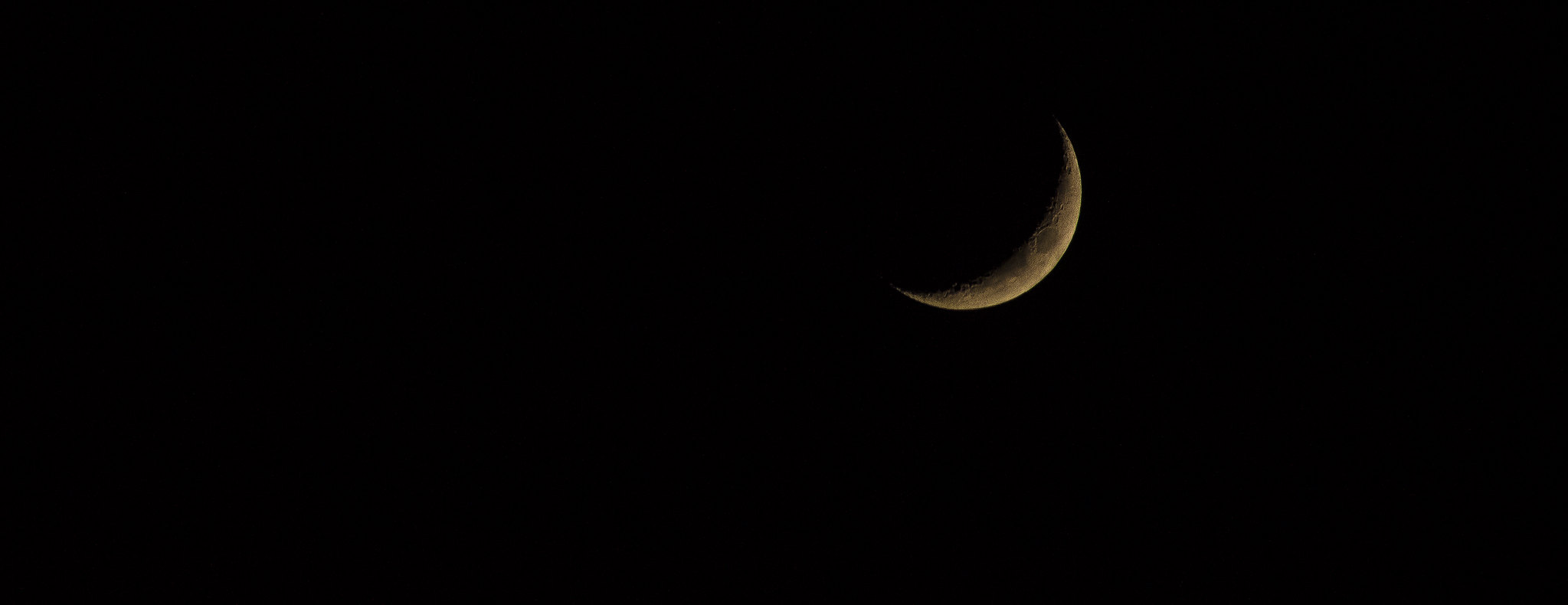altM’s Asma Uddin and Mariam Ahmed reflect in the Washington Post:
“Where was I before God made me?” asks 4-year-old Eesa. Zaynab, 8, thinks Heaven will probably look like her Candyland game board: “The bushes will grow candy!” Eight-year-old Hamza wonders if God knows when he tells Mommy he’s too sick for school — even when he isn’t.
These are our children, reveling in the otherworldly dimensions of their daily existence — waving hello to the invisible angels sitting on their shoulders, hoping their daily tally of good deeds outweighs the bad. As parents, we pine to keep our children’s faith experience joyful and wondrous. As Muslim-American parents, that is becoming a more challenging task.
Terrorism dominates the news, anti-Muslim sentiment is rising and American Muslim kids are bullied by young people and adults alike. As parents, we wonder: How do we make our children feel safe even when we don’t? How do we make them feel safe about their faith?
This was a very specific, pointed challenge Tuesday for Youssef Chouhoud, who lives in Los Angeles, where hundreds of public schools were closed after city school board members received emailed threats of violence. Chouhoud’s two daughters (ages 5 and 6) go to a private Islamic school, which was open, but he and his wife still felt afraid. They had sent their children to school the day after the San Bernardino shooting, only to pick them up early because of their uneasiness.
Tuesday, the couple decided, the kids would stay home. But they wouldn’t know why.
The girls had been coughing for a few days, so they were told their parents wanted them to fully heal. “It was more so my wife and I who wanted to ‘feel better,’” the University of Southern California doctoral student wrote.
His bottom-line instinct was to “shield them from reality.” For them to hold onto their innocence just a little longer.
“Still, I cannot determine what their friends know and talk to them about, nor can I any longer convince myself that my eldest daughter is not processing the images she sees whenever I watch the nightly news. At some point (likely very soon), my instinct towards preservation will do more harm than good,” Chouhoud wrote. “The last thing I want is media narratives and schoolyard gossip shaping the way that my children envision their place as Muslims in America. It is hard to know when exactly to make this pivot. All I can do is pray for guidance.”
All parents across Los Angeles agonized with the question: How do I explain this to my child? For us Muslim-American parents, however, there are also fervent hopes and prayers that the threat didn’t come from a self-described Muslim.
Unlike many other facets of parenting, we struggle to find models to draw from.
In the America we grew up in, our parents did not discuss radicalism, terrorism or Islamophobia with us because they never had to; those narratives weren’t yet present. We had the chance to learn about Islam as a source of spirituality and comfort, not as a political ideology or as a subject of incessant social commentary.
When the Sept. 11 attacks happened, we were old enough and familiar enough with our faith that we knew our religion had been perverted by terrorists for their own political ends.
We want our children to have that same certainty, but we are scrambling to figure out how.
As with many of our peers, the post-9/11 conversation on Islam and global affairs forced us to react, and in turn, think more deeply about our faith. But we are concerned about broaching topics as complex as terrorism and Islamophobia at a time when our children are still learning the basics.
We are asking ourselves: What is the right age to have these discussions? Is it reasonable to put off these conversations until children bring up these subjects themselves? How do we equip our children to face questions about their religious identity? How do we explain that the perpetrators of certain horrific crimes purport to be committing them in the name of Islam?
Read more.
Photo Credit.





